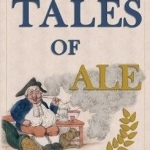
Strange Tales of Ale
Book
The history of ale and beer is pitted with strange tales. Take the way the RAF made sure British...
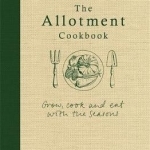
The Allotment Cookbook
Book
Telling the food story of spring, summer, autumn and winter, this is the definitive guide to cooking...
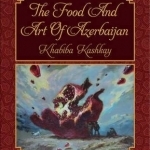
The Food and Art of Azerbaijan
Book
Gathered here are over 170 tried and tested recipes from Azerbaijan's answer to Delia Smith. The...
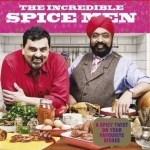
The Incredible Spice Men: Todiwala and Singh
Book
Acclaimed chefs Tony Singh and Cyrus Todiwala are on a mission to wake Britain up to the versatility...
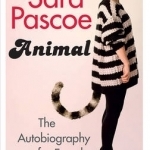
Animal: An Autobiography of the Female Body
Book
Sara is a comedian who has talked and joked about female sexuality, psychology and the media's...
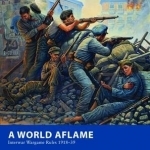
A World Aflame: Interwar Wargame Rules, 1918-39
Mark Stacey and Paul Eaglestone
Book
Often called the "Pulp Era", the years between the two World Wars have seen a tremendous surge in...
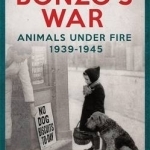
Bonzo's War: Animals Under Fire, 1939 -1945
Book
What was it like to be a dog or cat when the world was at war? When food was rationed and cities...

Diplomatic Gardens of Washington
Book
Take an exclusive look behind the embassy walls of Washington, DC, and, through 168 color images,...
Diplomatic Material: Affect, Assemblage, and Foreign Policy
Book
In Diplomatic Material Jason Dittmer offers a counterintuitive reading of foreign policy by tracing...
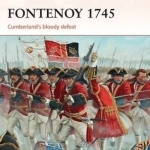
Fontenoy 1745: Cumberland's Bloody Defeat
Michael McNally and Sean O'Brogain
Book
A disputed succession to the Austrian throne led to general war between the leading powers of Europe...
